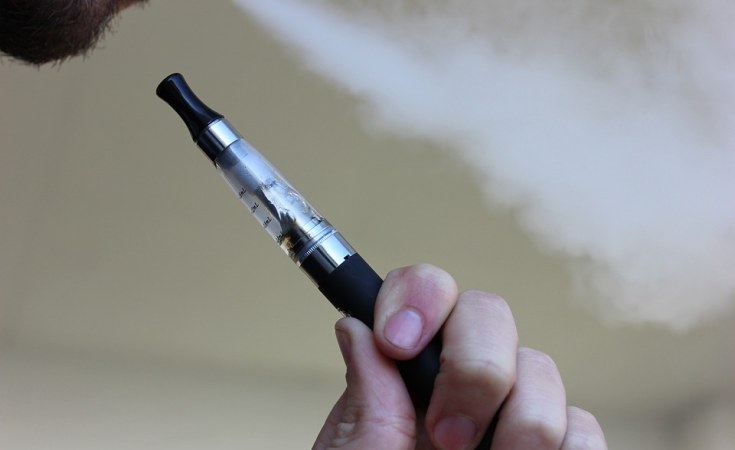With 9 of 10 smokers starting before the age of 18, the World Health Organisation, WHO, has called on countries to ban smoking and vaping in school to protect young people.
WHO in two new publications, "Freedom from Tobacco and Nicotine: guide for Schools," and "Nicotine- and Tobacco-free School Toolkit" released on Tuesday to help protect children's health just in time for back-to-school season in many countries said the tobacco industry relentlessly targets young people with tobacco and nicotine products.
The health body affirmed that through the activities of the tobacco industry, e-cigarette use is increasing with 9 out of 10 smokers starting before the age of 18.
The report noted that: "Products have also been made more affordable for young people through the sale of single-use cigarettes and e-cigarettes, which typically lack health warnings."
WHO noted that regulators in the United States, US, last month warned companies to stop selling illegal e-cigarettes that appeal to youth by resembling school supplies, cartoon characters, and even teddy bears.
The Director of Health Promotion, World Health Organisation, Dr Ruediger Krech said whether sitting in class, playing games outside or waiting at the school bus stop, countries must protect young people from deadly second-hand smoke and toxic e-cigarette emissions as well as ads promoting these products.
Who explained that the new guide and toolkit are step-by-step manuals for schools to create nicotine- and tobacco-free campuses, but take a "whole of school" approach - which includes teachers, staff, students, parents, etc.
"The guide and toolkit include topics on how to support students to quit, education campaigns, implementing policies and how to enforce them.
"The guide highlights four ways to foster a nicotine- and tobacco-free environment for young people: banning nicotine and tobacco products on school campuses; prohibiting the sale of nicotine and tobacco products near schools; banning direct and indirect ads and promotion of nicotine and tobacco products near schools; and refusing sponsorship or engagement with tobacco and nicotine industries.
Countries worldwide were highlighted in the publication as having successfully implemented policies that support tobacco and nicotine-free campuses including India, Indonesia, Ireland, Kyrgyzstan, Morocco, Qatar, Syria, Saudi Arabia, and Ukraine.
The new WHO guide can help create nicotine- and tobacco-free schools that help keep kids healthy and safe. Nicotine- and tobacco-free policies help to prevent young people from starting to smoke; create a healthier, more productive student body; protect youth from toxic chemicals in second-hand smoke; reduce cigarette litter; and cut cleaning costs.
To protect people's health, WHO encouraged all countries to make all indoor public places completely smoke-free in line with Article 8 of the WHO Framework Convention on Tobacco Control.


